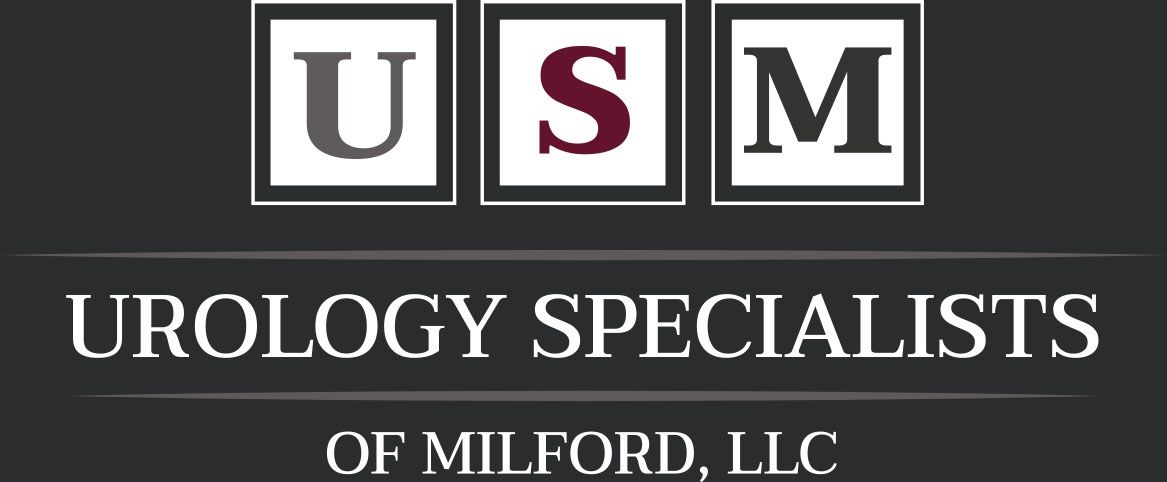Kidney Stone Treatment in Milford, MA
Can Kidney Stones be treated?
Every year, hundreds of thousands of people are treated for Kidney Stones. Prior to lithotripsy, kidney stone sufferers either waited for the stone to pass or underwent surgery. Today, 90% of patients, once diagnosed with a Kidney Stone, can now be successfully treated with lithotripsy. The most common type of lithotripsy is called Extracorporeal Shock Wave Lithotripsy (ESWL) since it uses high energy shock waves, generated outside the body, to break up stones into smaller pieces that are easier to pass.
Dr. Steinberg has vast experience performing ESWL and helped to create the largest consortium of urologists performing ESWL in New England over 25 years ago.
Treatment Options for Kidney Stones
Many kidney stones can be treated without surgery. Some pass on their own with increased fluids or medication. Because pain can be intense during this process, pain management with medication is often necessary until the stone passes.
If a stone doesn’t pass on its own, or if it is too large or blocking urine flow, then surgery may be necessary.
We understand that prompt evaluation, monitoring, and treatment of kidney stones and kidney stone pain is imperative before extreme pain or infection develops.
Dr. Steinberg has years of experience in non-invasive surgical methods for treating Kidney Stones: Extracorporeal Shock Wave Lithotripsy (ESWL) and Ureteroscopy and Laser Lithotripsy. Both methods involve breaking kidney stones down into small fragments that can readily pass out of the body through the urine. ESWL utilizes shock waves to break up the kidney stone, while ureteroscopy and laser lithotripsy utilize video imaging in conjunction with a laser to break down the stone.
Extracorporeal Shockwave Lithotripsy (ESWL)
ESWL is a revolutionary technique that crushes a kidney stone while it is inside your body. This non‐invasive procedure is safe, less painful and doesn’t involve incisions or surgery. Shock waves from a Lithotripsy machine are directed at the targeted stone. These high intensity sound waves are harmless to your skin and body tissue but cause the dense stone to break into small sand‐like pieces. These smaller particles will pass from the body more easily than one large stone. Stone fragments usually pass out through your urine within a few weeks of the procedure. This procedure is performed as an outpatient, usually performed under IV sedation. ESWL can be performed in under an hour.
Ureteroscopy And Laser Lithotripsy
Ureteroscopy involves the use of a small flexible or rigid telescope to directly see and treat stones. Under anesthesia, the ureteroscope provides a video image and has small “working” channels, and is inserted into the bladder and up the ureter until the stone is encountered. The stone can then either be broken up with a laser fiber or pulled out using small baskets that are inserted into the working channels. The advantage of this type of surgery is that the body’s normal openings are used and no incisions are necessary.
Harvard-trained and Board-certified urologist Dr. Jeffrey Steinberg has more than 30 years of experience treating and helping patients manage and prevent kidney stone disease. To request a consult with Dr. Steinberg, contact Urology Specialists of Milford at (508) 473-6333 to schedule an appointment in our Milford, MA office.

